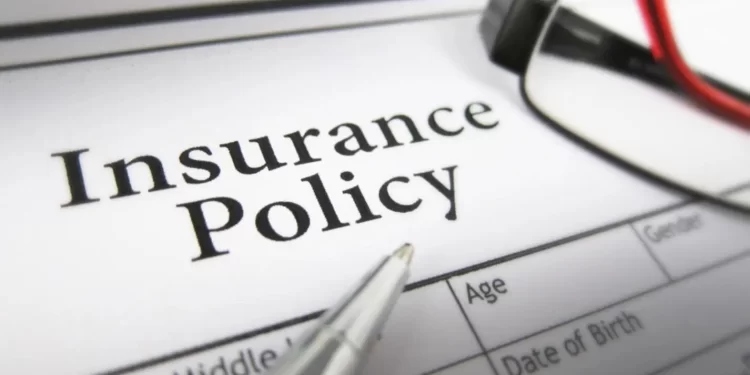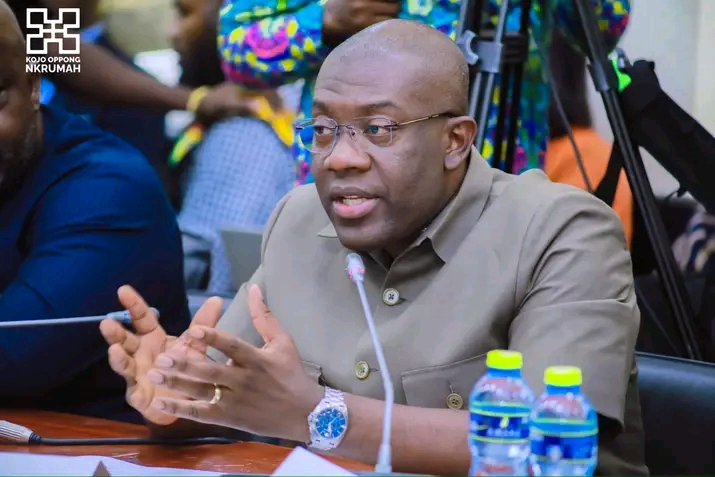By: Kekeli K. Blamey
Ghana’s insurance industry recorded a significant 22% growth in its investment assets in 2023, reaching a total value of GH₵10.5 billion, up from GH₵8.6 billion in 2022, according to the Bank of Ghana’s 2023 Financial Stability Review report.
The industry appears to have recovered from the impact of the COVID-19 pandemic and the domestic debt exchange program.
The life insurance sub-sector led this growth, with investment assets valued at GH₵7.0 billion as of December 2023, compared to GH₵3.5 billion in the non-life sector.
Fixed-income assets remain a preferred investment strategy across both life and non-life sectors.
However, the share of government securities in investment portfolios has declined notably, possibly due to the effects of the Domestic Debt Exchange Programme (DDEP).

In the non-life insurance sector, holdings in government securities decreased by 13%, reducing their share from 38% in 2022 to 27% in 2023.
Fixed deposits now make up 23% of the investment portfolio, while listed securities and investment properties contribute 27% and 19%, respectively.
Similarly, the life insurance sector recorded a 9% reduction in government securities, dropping from 49% of its portfolio in 2022 to 40% in 2023.
This shift has been accompanied by a rise in other asset classes, with investments in properties growing to 23% and fixed deposits increasing by 8 percentage points to 21%.

These shifts indicate strategic diversification in response to market conditions, positioning the insurance industry for resilience and continued growth.
The growth in investment assets and diversification efforts signal the sector’s commitment to adapting to economic dynamics while providing financial stability for policyholders.





